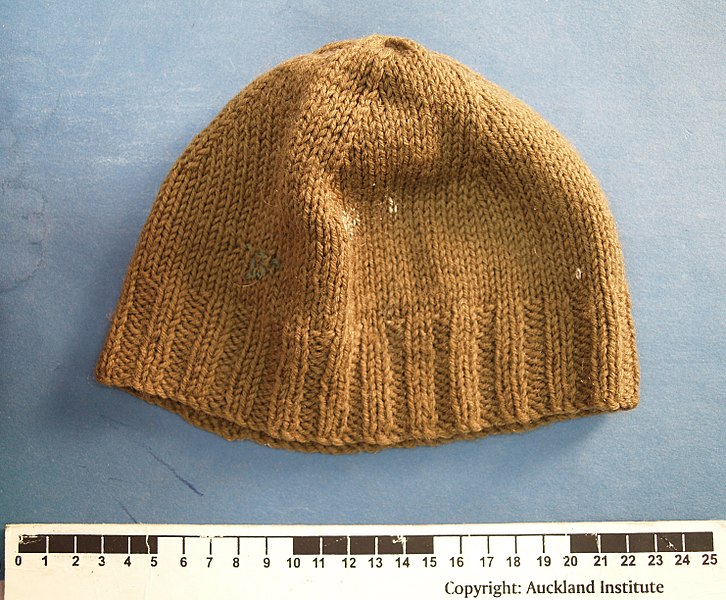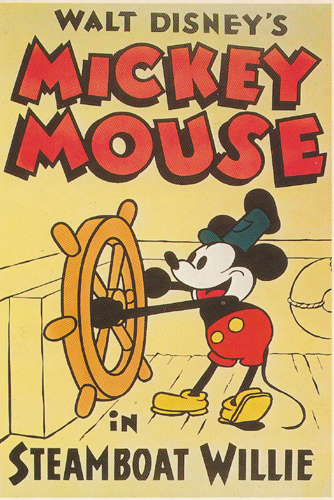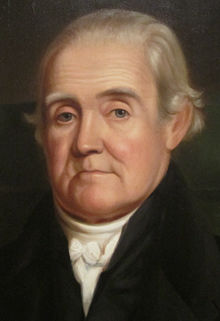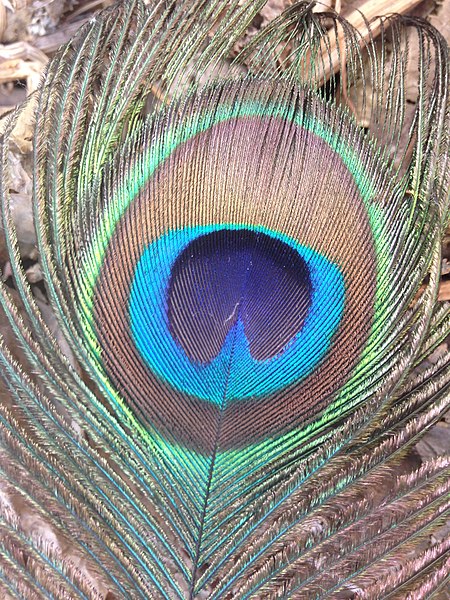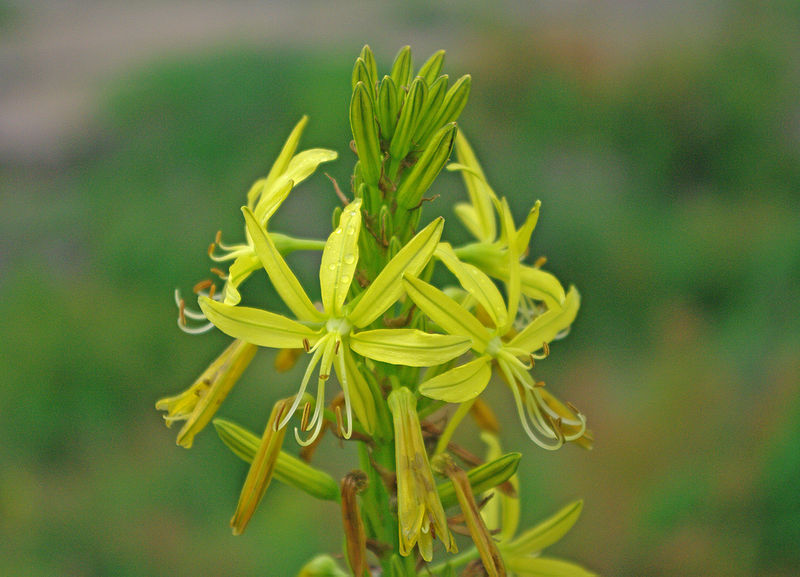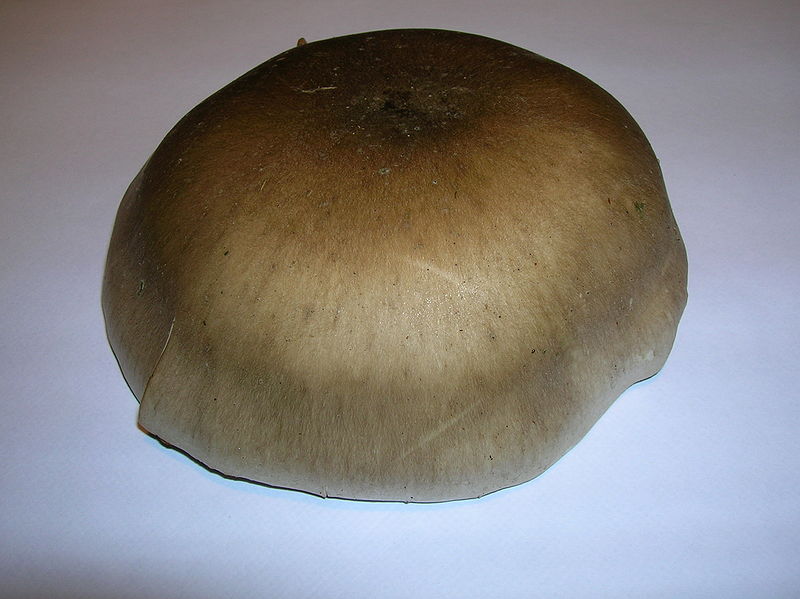Just eighty nine...I mean, think how easy it is to list the names eighty nine writers - and I can't honestly claim that writers have much influence on the composition of the furthest reaches of the universe.
Or even, to be honest, on the nearest reaches of the universe. If you can have a near reach.
In any case, the fact is that I intended to write this post about the element thallium, but it soon became clear to me as I researched it that no one neither a scientist nor a poisoner will ever come across the stuff. So, lured by the look of the word, I switched the subject of this post to yttrium.
Which led me to discover that yttrium doesn't exactly clutter up the high street, either.
Still, you can find it in camera lenses (it makes them less likely to shatter) and some ceramics. I hope you never come across it medically because in its radioactive form it is used as a cancer drug, and as a needle it's used in the most delicate sorts of spinal surgery.
If you really want to spot some yttrium your best bet is to look for some jewellery: either garnets or cubic zirconia, which both have very small amounts of yttrium in them.
Mostly, though, I am left with some understanding of why even being an element doesn't bring you many fans.
Spot the Frippet: yttrium. This word comes, like the mineral from which it was first identified, from Ytterby in Sweden. Carl Axel Arrhenius called the mineral ytterbite in 1787, and Friedrich Wöhler isolated the element, yttrium, in 1828.





